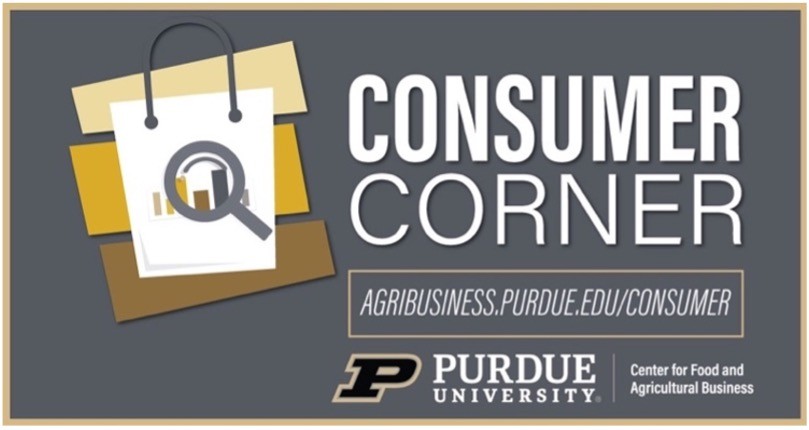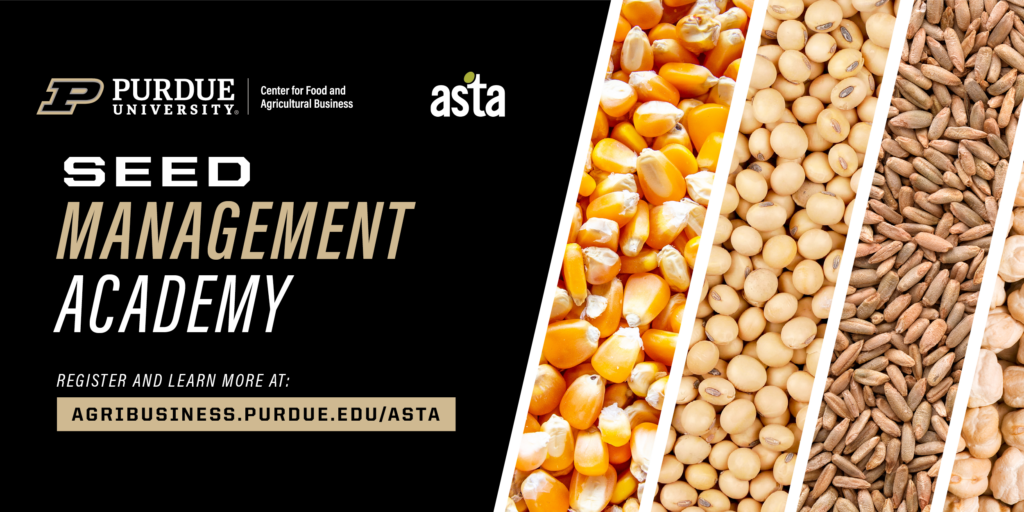Author: Nicole Olynk Widmar, Associate Head and Professor, Purdue University, Department of Agricultural Economics
Looking around in spring of 2022 (it’s close enough to spring, right?), there is no shortage of topics on which there seems greater social, political and economic discord than ever before. Agriculture is not immune to public pressures driving discontent; it seems we are all interested in where our food comes from nowadays. Increased pressures and, honestly, distress over the last two years have stressed consumers who have sought to make decisions best for their families amidst supply chain strains, changing product availability and rising prices.
Here at Consumer Corner, we are all about data, including non-traditional sources of data. We recently summarized a favorite piece from 2020, Why Revered Rodents Wear Gloves, for the Purdue Ag Econ Keeping Track 2021 Newsletter (see page 11), fundamentally culminating with the idea that, “Transparency and honesty are good … but forcing consumers to confront uncomfortable truths is essentially ripping off Mickey’s gloves to reveal the rodent paws underneath. If consumers are asking questions, providing truthful information about agricultural production is the right response; however, be sensitive to the fact that what we share could be perceived negatively by others. Answer the call for transparency, but don’t rip off Mickey’s gloves without warning.”
There may be no better example than our own livestock industries of agricultural supply chains that have received attention by the public, our consumers, activists, and politicians alike. That being said, the Center for Animal Welfare Science has teamed up with the Consumer Corner crew from the Center for Food and Agricultural Business to discuss how social pressures have changed livestock industries. We’re attempting to facilitate a collegial conversation in which we recognize the need for progress without expectation of consensus among us, and you’re invited to participate!
Join Drs. Nicole Widmar, Candace Croney and Carson Reeling for the Consumer-Driven Changes in Ag Market Channels Micro-Course online April 6! During the course, they’ll cover the market forces driving demand for carbon offsets, the practical obstacles to farmer/land manager participation in carbon programs, and considerations farmers and landowners should be aware of when evaluating opportunities in this space. Additionally, they’ll draw insights from Consumer Corner letters and articles to take a historic look at livestock industry changes and decision-making. Register now!
:




